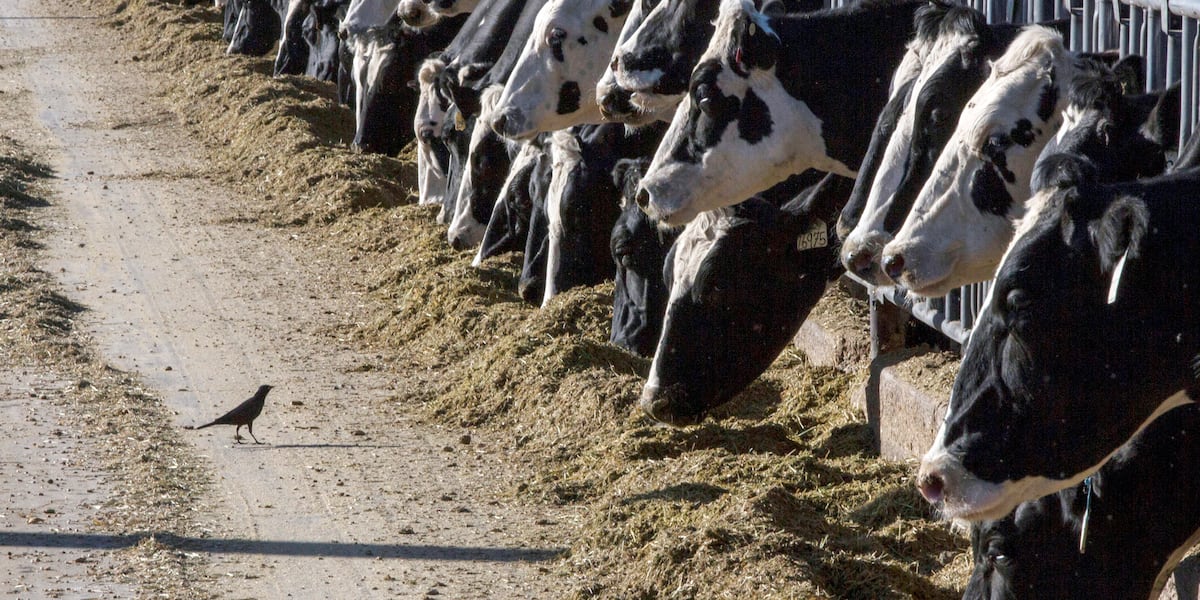
Michigan has become the epicenter of a multistate H5 avian influenza outbreak in dairy cattle, with 24 confirmed outbreaks across 10 counties as of June 1, 2024. The virus has infected both cows and farmworkers, resulting in three human cases so far. Two farmworkers have been hospitalized with respiratory symptoms after being exposed to infected animals without wearing full PPE.
The first human case was reported on April 15, 2024, in a Texas dairy farm worker who had conjunctivitis but recovered quickly. The second case was reported on May 31, 2024, in a Michigan farmworker with eye symptoms after being splashed with infected milk. The latest case involves a Michigan dairy farm worker who developed respiratory symptoms and is currently isolating and recovering at home.
The H5N1 virus can cause a range of illnesses, from no symptoms to severe or fatal outcomes. Health officials are urging caution for those working with infected animals and emphasizing the importance of wearing full PPE to prevent transmission.
The CDC is closely monitoring the situation and has issued interim PPE recommendations for dairy farm workers. The USDA Animal and Plant Health Inspection Service (APHIS) has also issued new guidance on PPE for people visiting H5N1-infected herds.
Bird flu kills birds, and eggs are used in manufacturing flu vaccines, posing a risk to vaccine production. The virus can spread from animals to humans through direct contact or respiratory transmission. There have been no reported cases of human-to-human spread of the virus but it could happen if the virus mutates and adapts to humans.
The Michigan Department of Health and Human Services (MDHHS) is using a text-based monitoring system for people exposed to H5N1-infected cows. Contacts are being asked to report even mild symptoms, and testing for the virus is available. The risk to the general public remains low.





